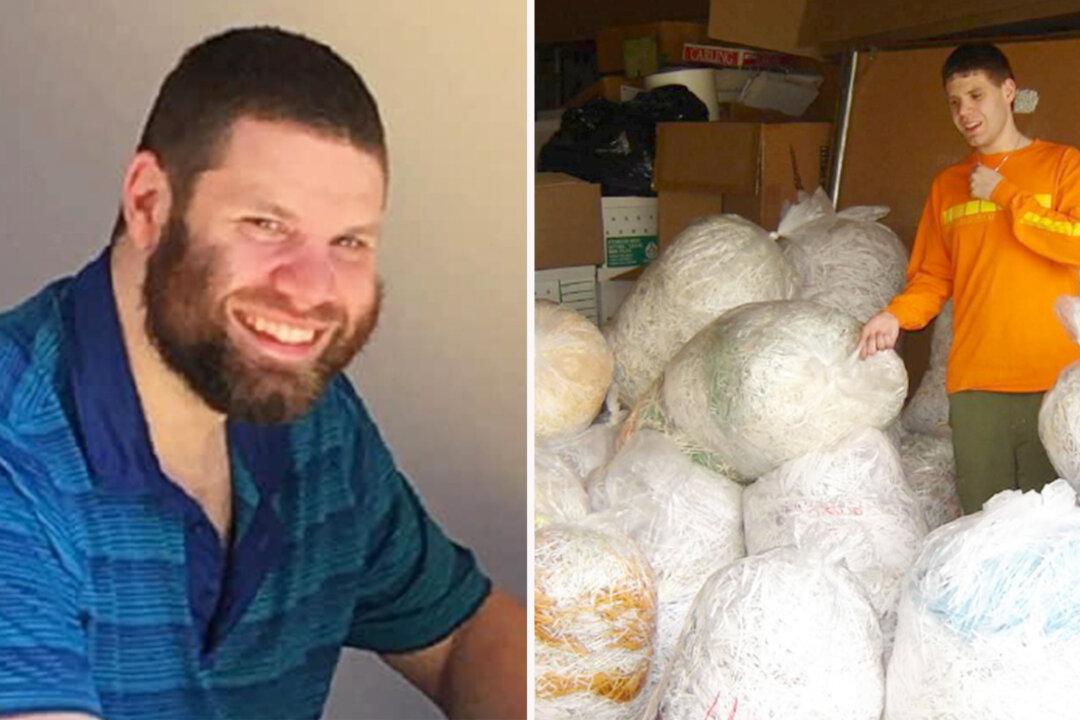A Canadian man with autism turned his passion into profit by starting a paper shredding company while in college. Fifteen years later, he has his own workspace, an employee, and he’s even buying his own home.
Aaron Grimm, of Wetaskiwin, Alberta, was diagnosed with autism at the age of 5. Throughout his life, Aaron was encouraged by his parents, Vanessa and Ken, who firmly believe their son shouldn’t be singled out for his disability.





